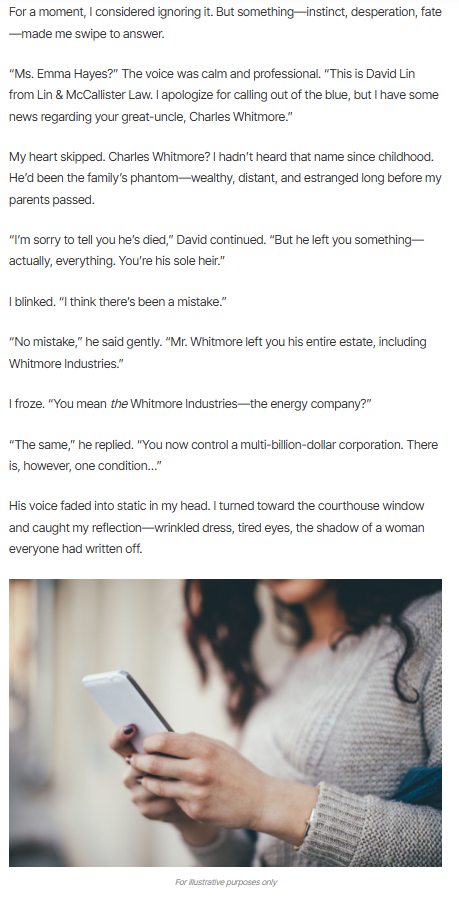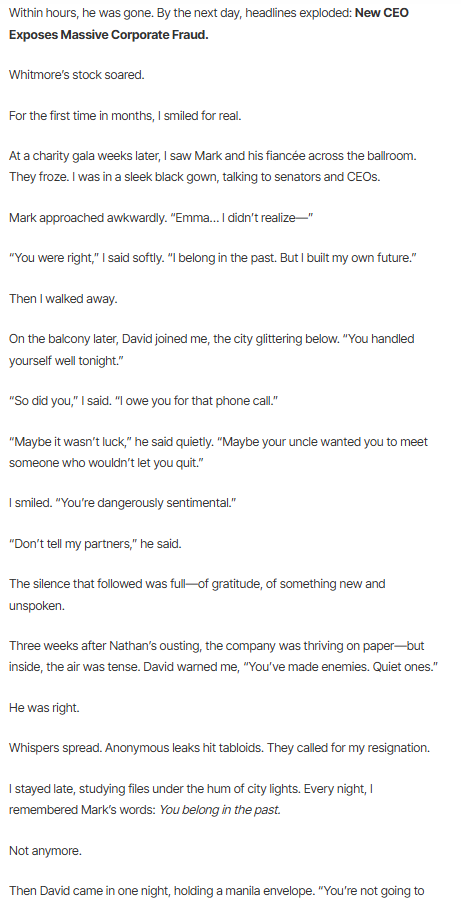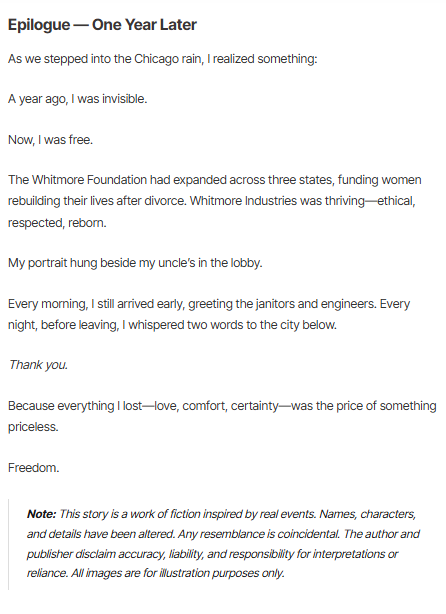In today’s fast-paced world, fatigue has become a common complaint. From students to professionals and even retirees, many people struggle with low energy levels and persistent tiredness. While diet, stress, and lifestyle all play roles, one of the most overlooked yet powerful factors influencing our daily vitality is sleep hygiene.
Sleep hygiene refers to the habits and practices that promote consistent, uninterrupted, and restful sleep. When optimized, these practices can transform your quality of life, significantly reducing fatigue and boosting your energy. Let’s dive into the science behind sleep hygiene and how simple changes to your routine can lead to lasting benefits.











Understanding Fatigue and Its Causes
Fatigue isn’t just about feeling tired—it’s a deep, persistent lack of energy that affects your ability to focus, move, and engage with life. It can be physical, mental, or emotional. While occasional tiredness is normal, chronic fatigue often points to deeper issues, one of the most common being poor sleep quality.
Even if you think you’re getting enough sleep, it’s the quality of your rest that truly matters. Tossing and turning all night, waking up frequently, or not reaching the deep stages of sleep can leave you just as drained as pulling an all-nighter. And that’s where sleep hygiene makes a critical difference.
What Is Sleep Hygiene?
Sleep hygiene encompasses a set of behavioral and environmental recommendations intended to improve sleep quality. Think of it as creating the best possible conditions for your body and mind to rest and recharge.
Some core components of good sleep hygiene include:
- Consistent sleep and wake times
- A calming bedtime routine
- A cool, dark, and quiet sleep environment
- Limiting screen time before bed
- Avoiding caffeine or heavy meals late in the day
These small habits may seem trivial, but they have a profound impact on the body’s ability to regulate its internal clock and transition into restful sleep.
How Sleep Hygiene Reduces Fatigue
1. Supports Natural Sleep Cycles
Our bodies run on circadian rhythms—24-hour internal clocks that regulate when we feel awake and when we feel sleepy. Disrupted sleep hygiene, like staying up late with bright screens or irregular bedtimes, throws this rhythm off.
When you maintain consistent sleep and wake times and wind down properly before bed, you support your natural circadian rhythm. This helps your body fall asleep faster and stay asleep longer. A more regular sleep cycle leads to higher quality rest, which directly reduces daytime fatigue.
2. Increases Time in Deep Sleep
Deep sleep (also known as slow-wave sleep) is the most restorative sleep stage. It’s during this phase that the body repairs tissues, builds muscle, and strengthens the immune system. Without sufficient deep sleep, you’re likely to wake up groggy and sluggish.
Good sleep hygiene—like sleeping in a cool, dark room and avoiding stimulants before bed—helps you spend more time in this rejuvenating sleep stage, improving how refreshed you feel in the morning.
3. Improves Mental Clarity and Focus
Sleep affects your brain just as much as it does your body. Poor sleep hygiene can lead to fragmented sleep, which disrupts the REM (rapid eye movement) cycle. REM sleep plays a key role in memory consolidation, emotional regulation, and cognitive processing.
By optimizing your sleep environment and routine, you ensure your brain completes its nightly repair work. The result? Sharper focus, better decision-making, and reduced mental fatigue during the day.
4. Enhances Energy Metabolism
Lack of sleep interferes with the body’s ability to regulate insulin, glucose, and hormones that control appetite and energy levels. This imbalance often leads to sluggishness, cravings for sugary foods, and even weight gain—factors that further drain your energy.
Good sleep hygiene helps your body maintain a healthy metabolic rate. When you sleep better, you’re more likely to wake up with steady energy and fewer cravings, making it easier to stay active and focused throughout the day.
Common Sleep Hygiene Mistakes That Drain Energy
Even those with the best intentions often make simple mistakes that sabotage their rest. Here are a few common pitfalls to avoid:
- Irregular sleep schedule: Going to bed and waking up at different times confuses your internal clock.
- Using devices before bed: Blue light from phones and computers suppresses melatonin, the hormone that promotes sleep.
- Drinking caffeine late in the day: Caffeine can stay in your system for hours, disrupting your ability to fall asleep.
- Sleeping in on weekends: While tempting, it disrupts your sleep rhythm, making it harder to fall asleep on Sunday night.
- Napping too long: A short power nap can be helpful, but sleeping for more than 30 minutes during the day can make nighttime sleep harder.
Tips for Building Better Sleep Habits
Now that we understand why sleep hygiene matters, let’s explore some actionable strategies you can use to improve your rest and boost your energy naturally.
1. Stick to a Sleep Schedule
Go to bed and wake up at the same time every day—even on weekends. This helps set your body’s internal clock, making it easier to fall asleep and wake up naturally.
2. Create a Pre-Sleep Routine
Engage in calming activities before bed, like reading, meditation, stretching, or taking a warm bath. This signals to your brain that it’s time to wind down.
3. Optimize Your Sleep Environment
Make your bedroom a sanctuary for rest:
- Keep the room cool (around 60–67°F / 15–19°C).
- Use blackout curtains or a sleep mask to block light.
- Consider white noise or earplugs to reduce distractions.
- Invest in a comfortable mattress and pillow.
4. Watch What You Eat and Drink
Avoid large meals, caffeine, and alcohol close to bedtime. While alcohol may make you sleepy at first, it disrupts your sleep cycle later in the night.
5. Limit Screen Time
Try to stop using phones, tablets, and computers at least 30–60 minutes before bed. If you must use devices, enable night mode or blue light filters.
6. Get Morning Sunlight
Exposure to natural light in the morning helps regulate your circadian rhythm. A morning walk or sitting by a window can do wonders for your sleep-wake cycle.
When to Seek Help
If you’ve practiced good sleep hygiene for several weeks and still feel excessively tired, it may be time to consult a doctor or sleep specialist. Conditions like sleep apnea, restless leg syndrome, depression, or chronic fatigue syndrome may be interfering with your rest.
Final Thoughts
Sleep is not a luxury—it’s a biological necessity. Poor sleep hygiene robs you of the energy, clarity, and resilience needed to navigate daily life. But the good news is that fatigue isn’t something you have to accept.
By making simple but consistent changes to your habits and environment, you can restore your body’s natural rhythms, sleep more deeply, and wake up feeling refreshed and energized. Over time, these small efforts can add up to a profound shift in your health, focus, and overall well-being.
Start tonight. Your energy depends on it.



